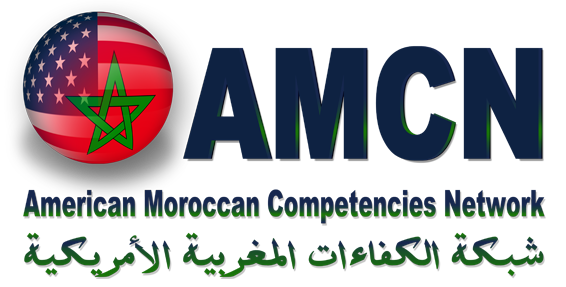ABOUT US
AMCN is a non-profit organization registered in the state of New York which provides a platform to bring together the Moroccan community from all different regions of the U.S. AMCN is structured as a virtual network with regular face to face gatherings. AMCN includes associations and individuals with occupations spanning a wide variety of complementary expertise and knowledge with the goal to contribute to the socioeconomic development of Morocco and to promote and advance the endeavors of the Moroccan community in the US.

MISSION
AMCN mission is to mobilize Moroccan competencies in the USA and friends of Morocco worldwide to contribute to the socio-economic development of Morocco. This can be accomplished through the advancement of science, technology, and innovation.
Executive Committee
AMCN President and Founder. Dr. Boutjdir is a Professor at the Department of Medicine at NYU School of Medicine and a Professor and Associate Chair of Medicine for R&D at the Departments of Medicine, Cell Biology and Pharmacology & Physiology

Dr. Mohamed Boutjdir ( President )
AMCN Vice President and Chair of the ICT committee. Sara Amiri is a Technologist and Entrepreneur with a passion for turning vision into reality. She believes that business should make the world a better place and address societal needs with a creati

Sara Amiri, MBA ( Vice President )
AMCN Chair of the ICT committee. Tarik Hakkou is a seasoned ICT professional with over 20 years of experience. Currently sales engineer specialized in modern IP networks with prior experience in diverse areas of information and communication te

Tarik Hakkou ( ICT Chairman )
Hafida Balalioui Torres, born and raised in Casablanca, Morocco. Holds a master’s degree in Special Education and a Masters’ degree in early childhood intervention, Touro College and a Master of Professional studies , MSP Manhattan Ville College.

Hafida Torres ( Treasurer )
Dr. Bouchra Taib, General secretary, is a Research Scientist in neuroendocrinology. Her research interest is to investigate the role of the brain in the control of energy homeostasis as well as the underlying mechanisms in maintaining homeostasis und

